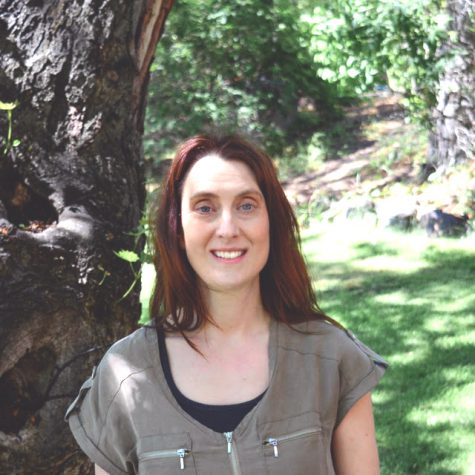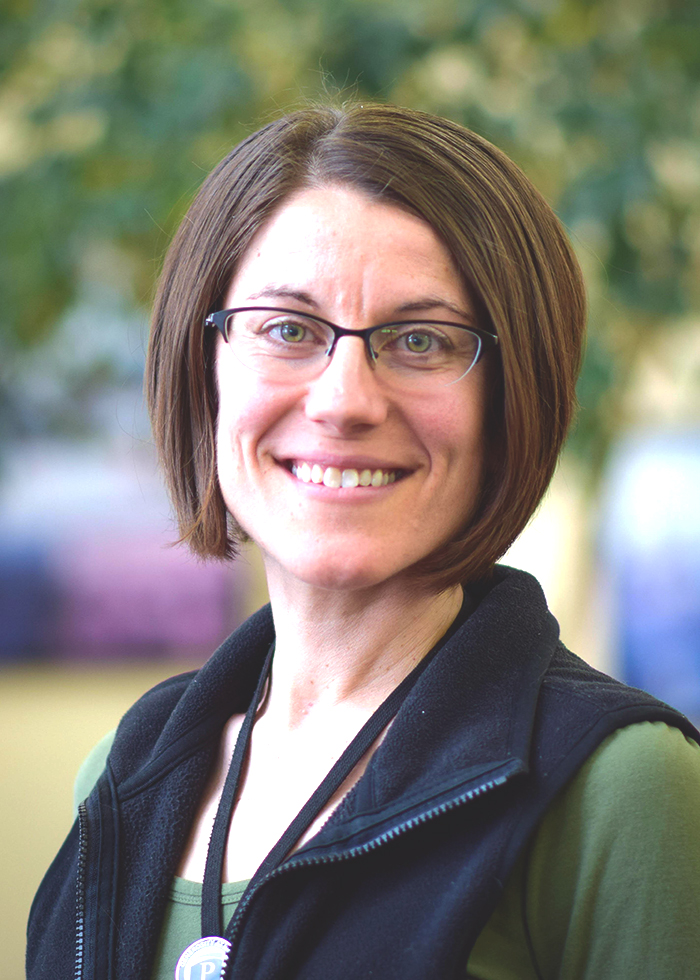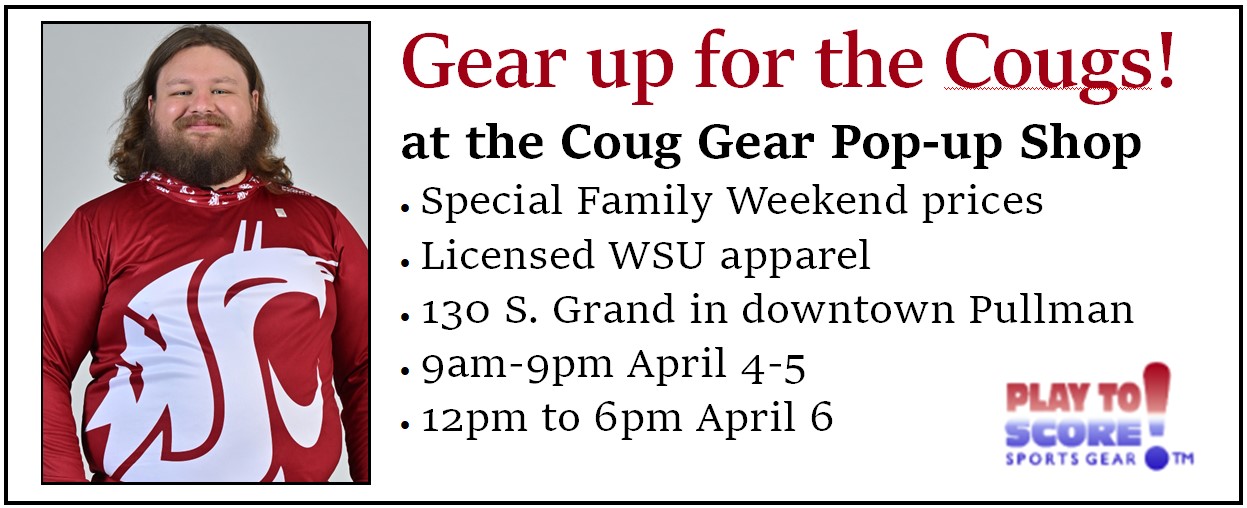Nutrition advice from local dietitians
February 23, 2017
Eating healthy is hard. Eating healthy in college is even harder. Whether you pile your dining-hall-tray high with RDA treats, or reheat leftover pizza every meal for three straight days, temptation to eat like a garbage truck is high once you have left home.
But Pullman Regional Dietitian and certified Health & Wellness Coach Melissa Francik assures that making healthy diet choices in college does not always have to be this way.
“A lot of people have confusion, fear and guilt about food and eating,” Francik said.
It is this mix of food and feelings that often leads to dietary trouble in college.
Take the “Freshman 15” for example: Suddenly apart from a family environment where your food intake and eating times were more controlled, incoming Cougs often gain unwanted weight with this newfound freedom. To combat this, Francik suggested preparing ahead of time and researching healthy options and health guidance available on campus.
“Have a plan for entering that new environment as opposed to just picking up a tray and grabbing things,” she said.
When first entering college or living on your own for the first time, it is easy to forgo regular meals by sleeping in too late or constantly snacking.
Julie Keller, a registered dietitian nutritionist at WSU Health & Wellness Services, recommends passing on high-caloric snack foods or sweet drinks to survive a long school day, and instead including all food groups in regular meals.
“Try to limit large late-night snacks and sugary drinks, using mainly water to stay hydrated,” Keller said in an email.

Julie Keller, a registered dietitian nutritionist at WSU Health & Wellness Services.
Eating on a college student’s limited budget can be tricky too, but Francik believes there are lots of inexpensive options for the creative healthy eater.
“A lot of people think that eating healthier is more expensive,” she said, “but that is actually not true a lot of the time.”
By purchasing food in bulk, cooking more at home than eating out, buying seasonal produce fresh and stocking up on anything out of season as canned, frozen or dried, college students have a lot more options than they realize.
“Switching out meat with some vegetarian protein options is a great way to eat healthy,” Francik also said. Food like lentils, tofu and soy products are actually much cheaper than most meat and are still great sources of protein. So, don’t write off Tofurky too quickly.
Another easy diet tip Francik suggested is to make sure you avoid “distracted eating,” a bad habit we all share that leads to faster food consumption and overeating.
“When people are on their phones, they are watching TV, they are driving, they are pairing eating with other activities, and you are not able to process or be aware that your body has consumed enough energy and calories,” she said.
During her three years working at the Pullman Regional Hospital, Francik has also noticed a trend that people consume a lot of their daily calories too late in the day. The timing of your food intake makes more of a difference in weight management, and is often overlooked, she said.
By consuming more calories earlier in the day you have more energy and can get into a healthy eating cycle. Listening to your body is key.
“When you eat, pay attention to ‘How hungry am I?’ and ‘What does this taste like?’ ” Francik said.
Of course, eating healthier does not solve all nutrition problems, and it is important to pair smarter food consumption with some form of exercise.
“My best advice for students,” Keller said in an email, “[is to] include physical activity.”
She suggested 30 to 60 minutes of exercise or body movement, five days a week.
And if all this healthy eating information is overwhelming and you still need help understanding and controlling your diet and bad habits, don’t be afraid to seek help. Whether through Health & Wellness Services or Pullman Regional Hospital, resources like educational events are out there to guide you.
“Get help if you need it,” Keller said, “rather than waiting until bad habits have become well established and are harder to break.”
Madeline Braun is a sophomore communication major from Washougal. She can be contacted at mint@dailyevergreen.com.










